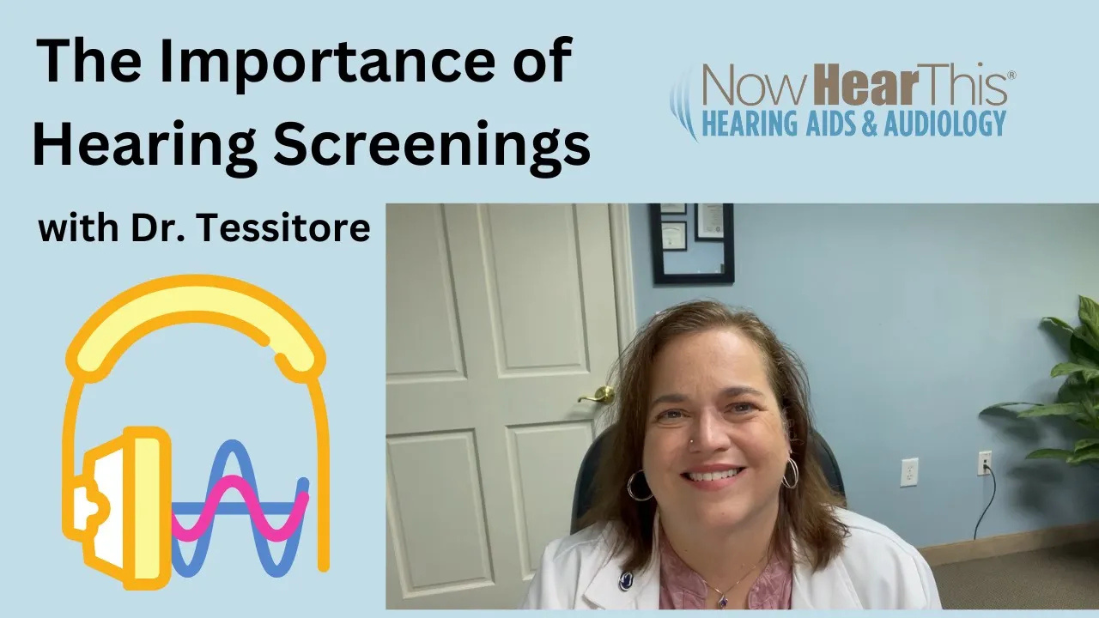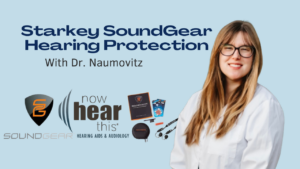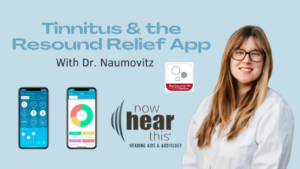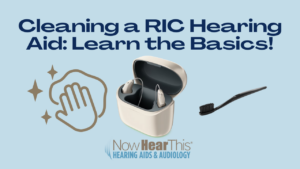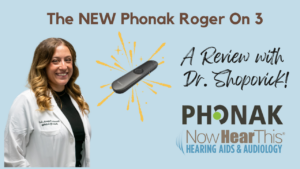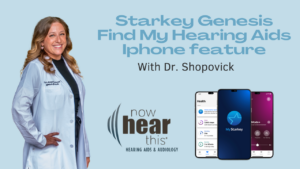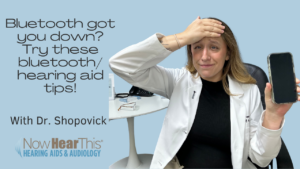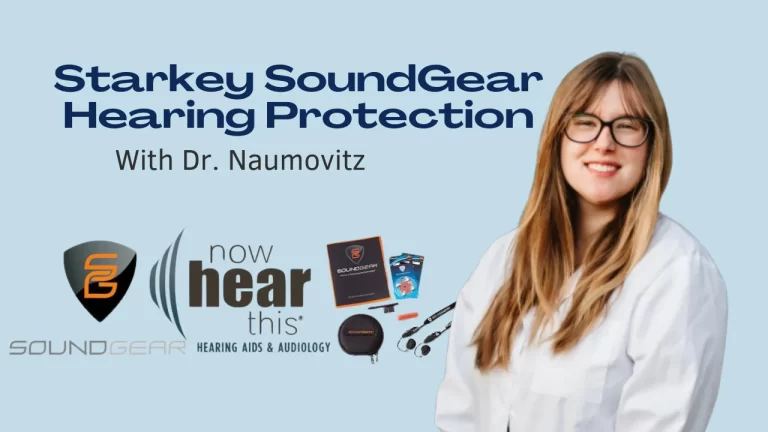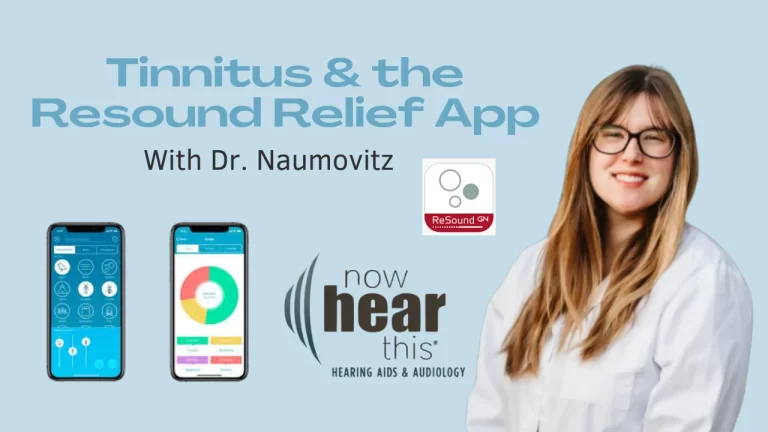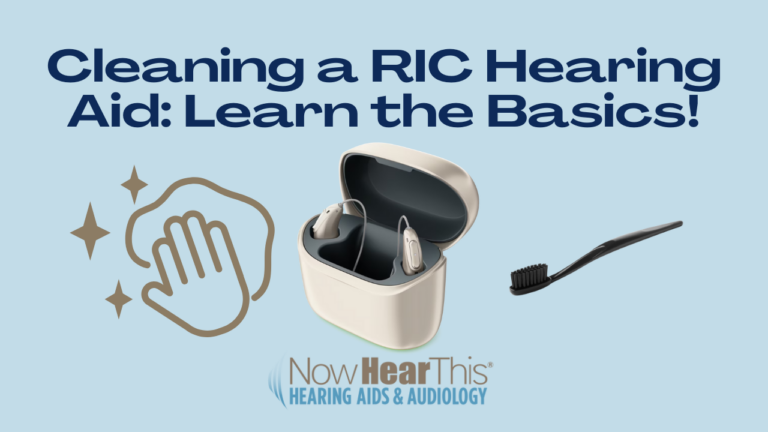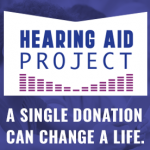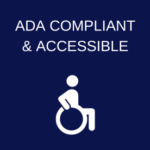Hi, my name is Dr. Tessitore from Now Hear This Hearing Aids and Audiology in Raleigh, North Carolina. Today I’m going to talk to you about the importance of hearing screenings, as well as the difference between a hearing screening and a full audiological evaluation.
To start with, a hearing screening is where we test four pitches. We give you one tone, and you either hear it or you don’t—so it’s a pass or fail. If you pass, that’s great! I’ll recommend that you come back for another screening in three years. If you fail, I’ll recommend that you come in for a full audiological evaluation.
A hearing screening is usually complimentary, while a hearing evaluation is billed to insurance. Most insurance companies cover a hearing evaluation, though there might be a copay depending on your plan.
A full hearing test involves testing 11 pitches instead of four. We also determine the lowest level at which you can hear those pitches, which helps determine your hearing prescription.
We do more than just pitch testing. We also:
• Test speech understanding in quiet and at a comfortable loud volume to get the best understanding.
• Sometimes test you at a softer volume as well.
• Conduct speech testing in noise to see how well you understand speech with background noise.
• Determine whether your hearing loss is sensorineural (permanent, due to the organ or nerve of hearing) or conductive (temporary, possibly due to wax or fluid in the ears).
The Importance of Hearing Screenings
Hearing screenings are a quick, effective way to determine if you have hearing loss. If you fail, I may be able to give you some insight into why you’re not hearing well. Many people tell me they hear at a normal volume but struggle with clarity—I can help explain why.
If you have tinnitus (ringing in your ears), it’s a good idea to have a hearing screening. About 70% of people with tinnitus also have some degree of hearing loss, so a screening helps rule that out.
One of the most important reasons to have your hearing screened is to identify medical concerns. I’ve done hearing screenings for years, and in many cases, I’ve found asymmetries (differences between ears) that needed further evaluation and treatment.
Several patients have passed a hearing screening but mentioned they hear better out of one ear than the other in everyday situations. Some even told me they heard the test tones better in one ear than the other. In those cases, I referred them for a full audiological evaluation, found an asymmetry, and then referred them to an ear, nose, and throat (ENT) physician for further assessment.
That’s why hearing screenings are so important. I recommend having your first screening at age 50, and based on the results, I can guide you on how often to have follow-ups.
If you have any questions or would like to schedule a hearing screening, feel free to call me, Dr. Tessitore, at Now Hear This Audiology and Hearing Aids in Raleigh, North Carolina.
If you enjoyed this content, feel free to like and subscribe! Have a great day!

